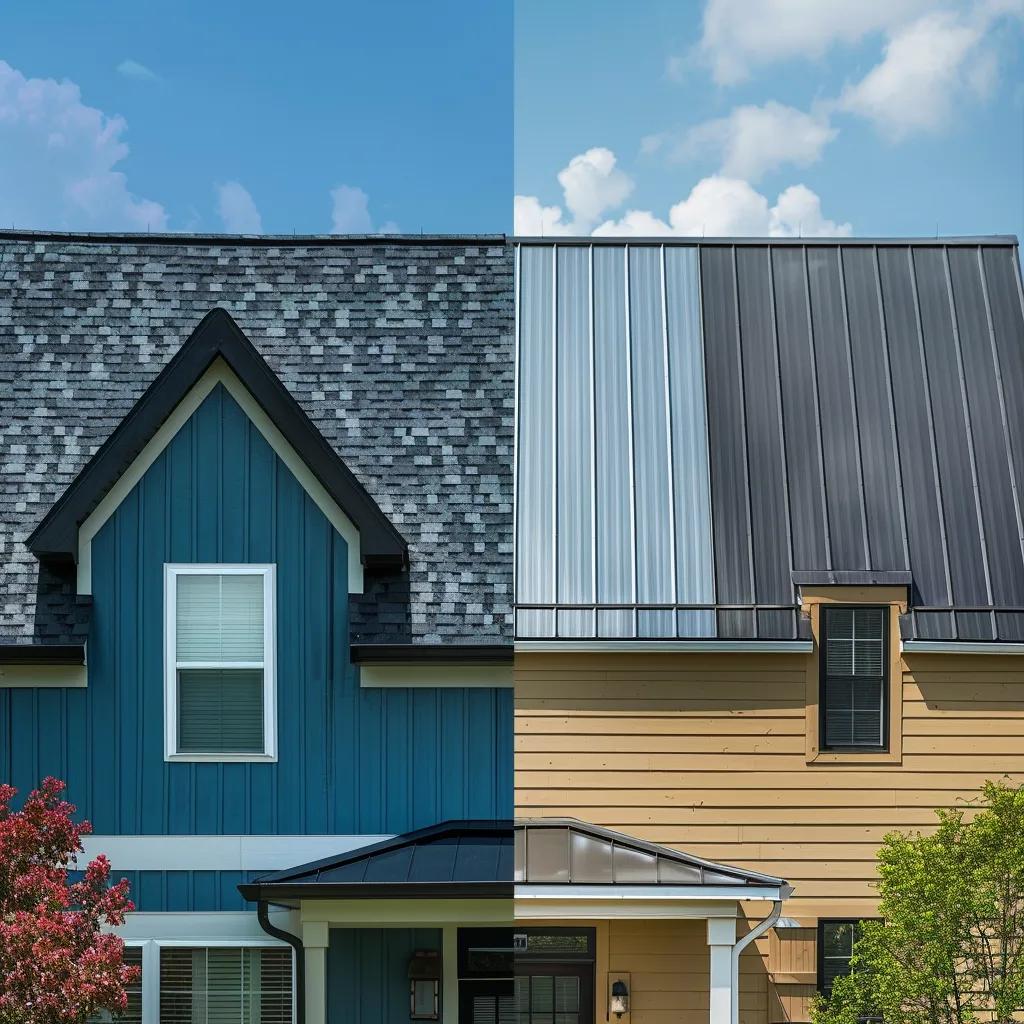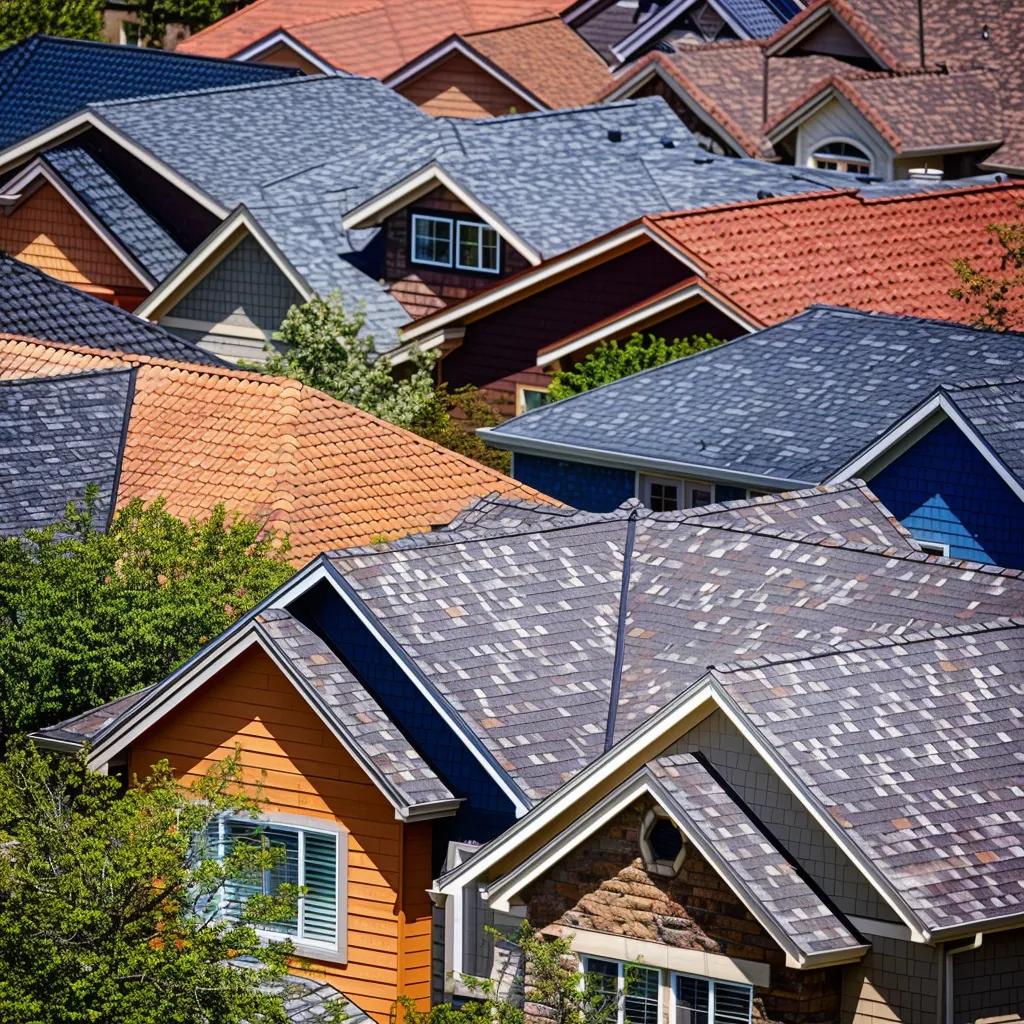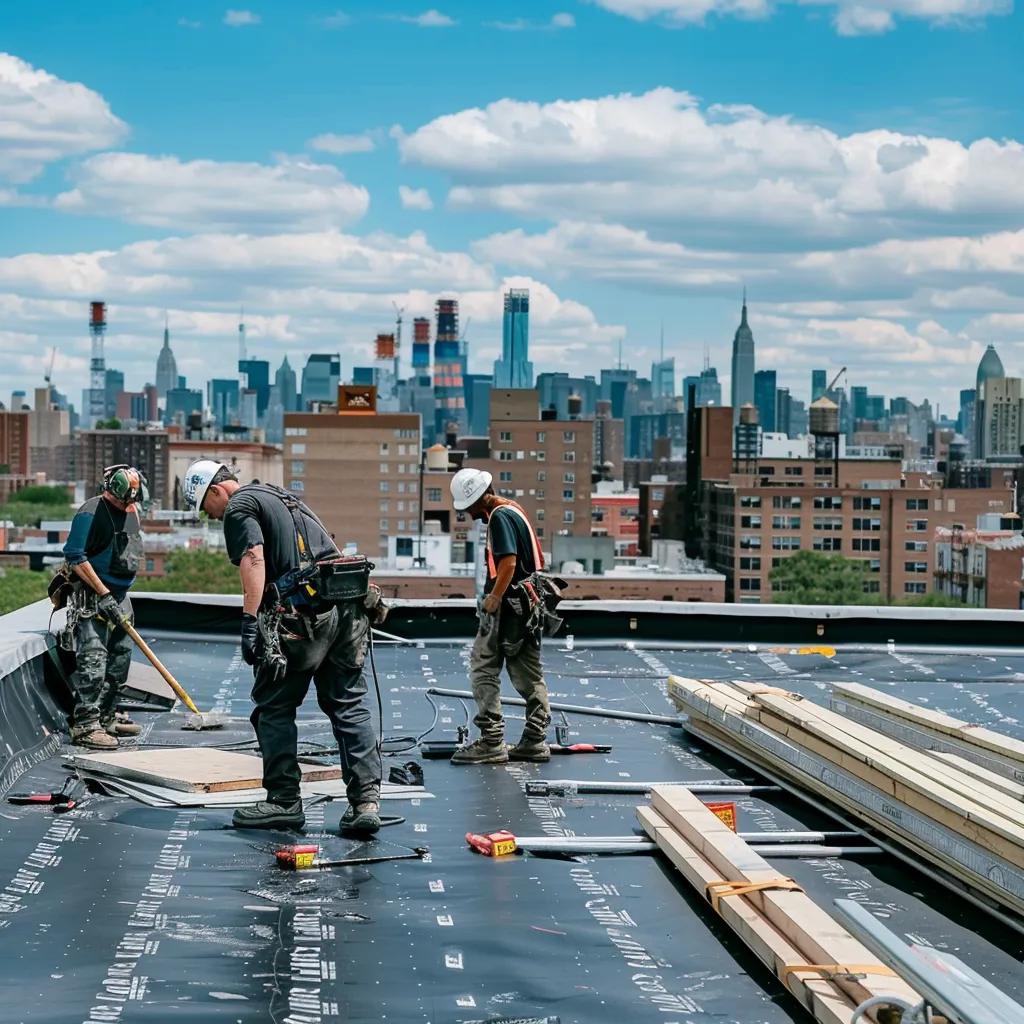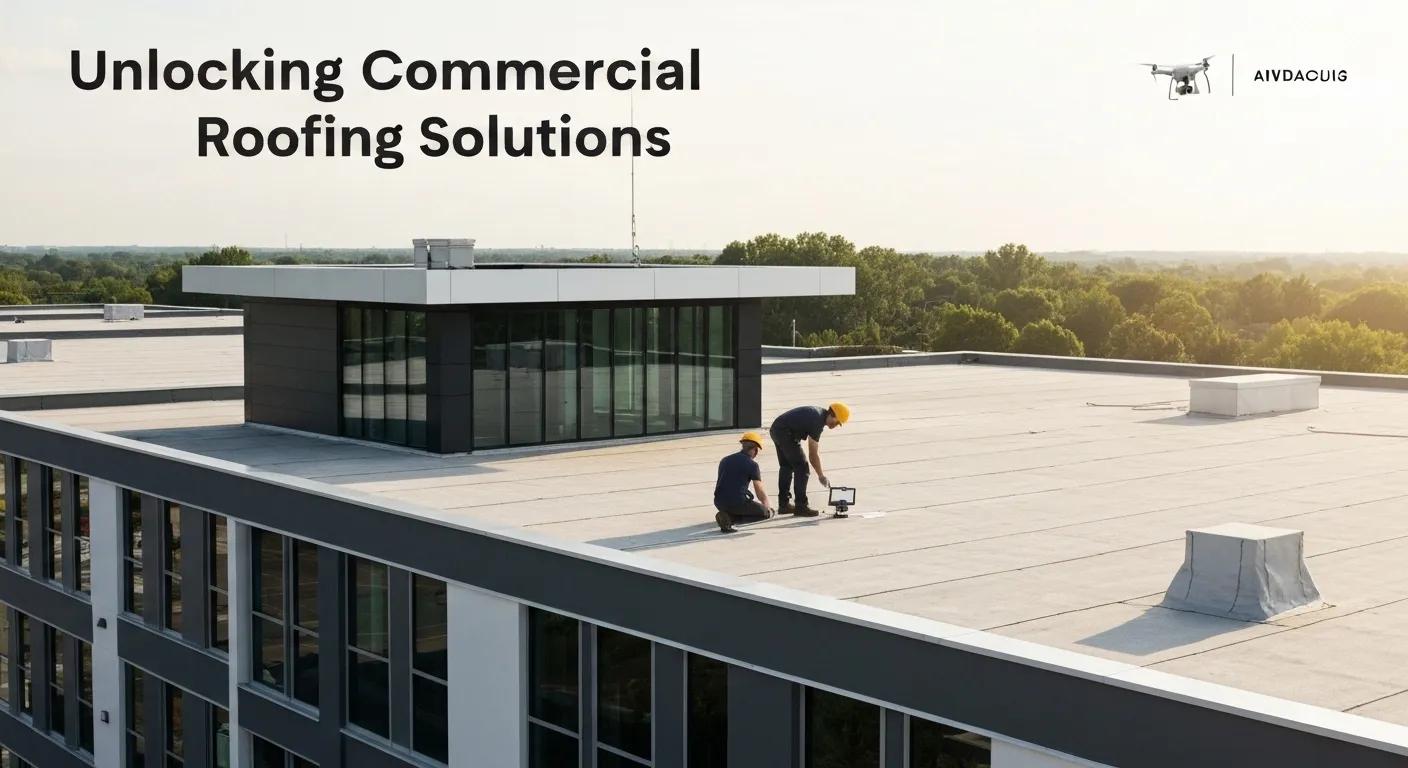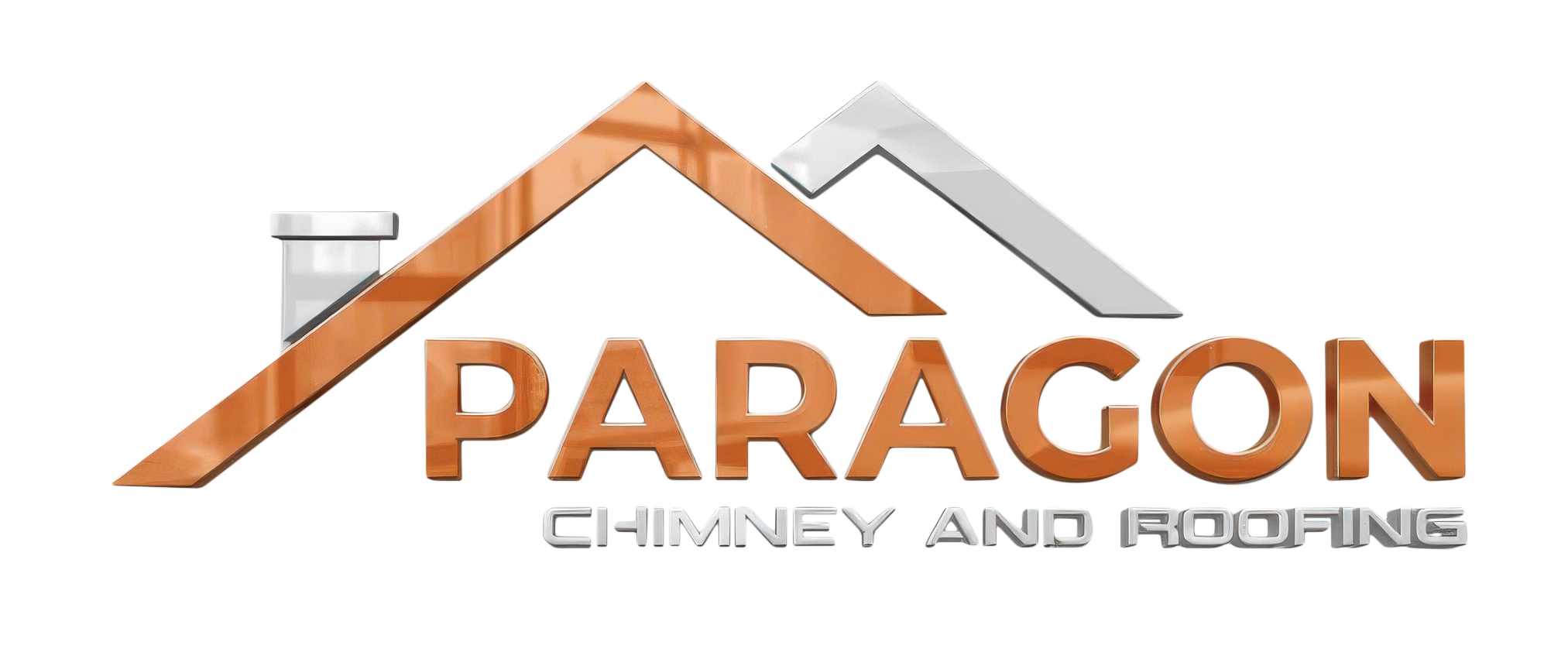Understanding the Different Types of Masonry in Construction
Looking to enhance the beauty and strength of your property? Understanding the different types of masonry used in construction can help you make the right choice for durability, efficiency, and design. At Paragon Chimney and Roofing, we provide homeowners across New York with expert insight into the best type of masonry for every project. Whether you’re restoring a historic facade or building a new chimney, knowing your options matters.
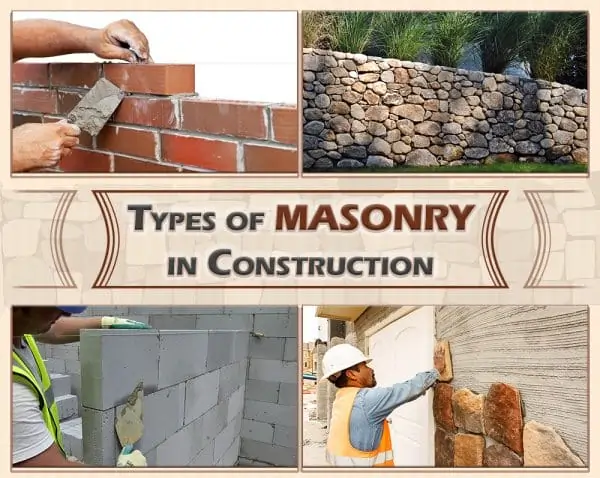
What Is Masonry in Construction?
Masonry refers to the construction technique that uses masonry units—such as brick, stone, or concrete blocks—laid and bound together with mortar. It is a versatile construction method used in both home construction and commercial construction, known for its strength and thermal insulation. Masonry offers long-term value and timeless appeal.
Why Is Masonry Still Popular in Modern Construction?
From the residential and commercial buildings of Manhattan to brownstones in Brooklyn, masonry is one of the most popular construction techniques in New York. Why?
- It’s strong and weather-resistant.
- Provides excellent thermal insulation
- Can be tailored to suit various styles, from rustic to modern
- Requires minimal upkeep when installed correctly
Masonry is used in everything from retaining walls to facades and fireplaces—making it a top choice for any next masonry project.
1. What Is Brick Masonry?
Brick masonry is one of the most common types of masonry used in building construction across New York. It consists of bricks laid in patterns and bonded together with mortar.
Benefits of Brick Masonry:
- High fire resistance
- Lasts decades with minimal maintenance
- Great for both interiors and exteriors
- Compatible with various architectural styles
This type of masonry is often seen in masonry structures like chimneys, walls, and entire homes. It’s the go-to for those wanting a classic, clean, and energy-efficient option.
2. What Makes Stone Masonry Unique?
Stone masonry is a form of masonry that uses natural stone such as granite, limestone, or sandstone. It’s commonly seen in upscale properties and historical restorations.
Stone Masonry Involves:
- Either ashlar masonry (finely dressed stones) or rubble masonry (irregular stones)
- Requires skilled labor due to heavy material
- Provides aesthetic and structural benefits
Stone masonry provides unmatched durability, beauty, and weather resistance—making it an excellent choice for chimneys and facades.
3. What Is Concrete Block Masonry?
Concrete block masonry uses large concrete masonry units (CMUs) to form walls and structures. This construction method is especially common in commercial masonry and modern masonry builds.
Key Features:
- Affordable and fast to install
- Excellent load-bearing capacity
- Can be painted or faced with veneer
Concrete block walls are often used in basements, garages, and as the backbone of new residential construction.
4. Composite Masonry: Best of Both Worlds?
Composite masonry combines two or more types of materials—such as brick or stone with concrete masonry—to improve insulation, cost-efficiency, and appearance.
- Usually used in larger buildings
- Blends structural integrity with exterior charm
- Increases thermal performance with lower material costs
This is ideal when working with mixed designs or matching old and new construction.
5. What Is Veneer Masonry?
Veneer masonry is a non-load-bearing outer layer of brick, stone, or concrete block applied to a structural wall.
- Offers aesthetic appeal without the full cost
- Lightweight and versatile
- Used in both interior and exterior projects
Masonry veneer is common in home construction when homeowners want the look of solid masonry without the weight or expense.
6. Solid Masonry: Is It Worth the Investment?
Solid masonry walls are made entirely from masonry units and mortar without reinforcement. Though heavier and more labor-intensive, they provide unmatched strength.
- Best for high-load applications
- Durable under harsh weather conditions
- Seen in historical buildings and older townhomes
This type of masonry structure is ideal for load-bearing needs where durability is a top priority.
7. Understanding Mortar and Its Role in Masonry Work
Mortar is the adhesive that holds all masonry units together. It’s made from cement, lime, sand, and water.
- Comes in various types like Type N, S, and M
- Determines the flexibility and strength of the joint
- Plays a huge role in the longevity of masonry structures
Without good mortar, even the best types of masonry units would fail under pressure.
8. Gabion Masonry and New-Age Alternatives
Gabion masonry consists of rocks placed inside wire mesh cages. This eco-friendly method is popular in landscaping, retaining walls, and flood control.
- Allows drainage and reduces soil erosion
- Adds a natural yet modern look
- Cost-effective for large-scale landscaping
While not traditional, gabion systems are gaining traction in masonry projects across New York.
9. How to Choose the Right Type of Stone for Your Project
Choosing the right masonry starts with selecting the appropriate type of stone or masonry material. Whether it’s for strength, appearance, or budget, here’s what to consider:
- Natural stone like granite offers high durability
- Sandstone provides texture and character
- Limestone suits both traditional and modern looks
Each masonry material offers different properties, and your masonry contractor can guide you based on project goals.
10. Why You Need a Skilled Masonry Contractor in New York
A professional masonry contractor ensures that your masonry work is code-compliant, durable, and beautifully finished. With Paragon Chimney and Roofing, you get:
- Licensed, experienced craftsmen
- Proper use of construction techniques
- Long-lasting masonry used in construction
We handle everything—from masonry walls and chimneys to new builds and restorations across the five boroughs.
Key Takeaways About Masonry in Construction
- Brick masonry offers charm, fire resistance, and longevity
- Stone masonry gives texture, visual appeal, and superior strength
- Concrete block masonry is cost-effective and efficient
- Composite masonry merges form and function for modern needs
- Veneer and solid masonry offer different aesthetic and structural advantages
- Skilled contractors ensure code compliance and beautiful results
- Mortar and cement are critical for structure stability
- Gabion and modern masonry techniques provide eco-friendly alternatives
Make your construction project successful with the right knowledge and partners.
Build With Confidence — Choose Paragon Chimney and Roofing
Whether you’re planning a renovation or starting new construction, choosing the right type of masonry makes all the difference. At Paragon Chimney and Roofing, we help New York homeowners and developers navigate the best options for masonry construction. From brick, stone, and concrete block to advanced masonry techniques, we deliver lasting results with professional care.Ready to begin your next project? Contact us today or visit Paragon Chimney and Roofing for a free consultation and find out why our masonry stands the test of time.

